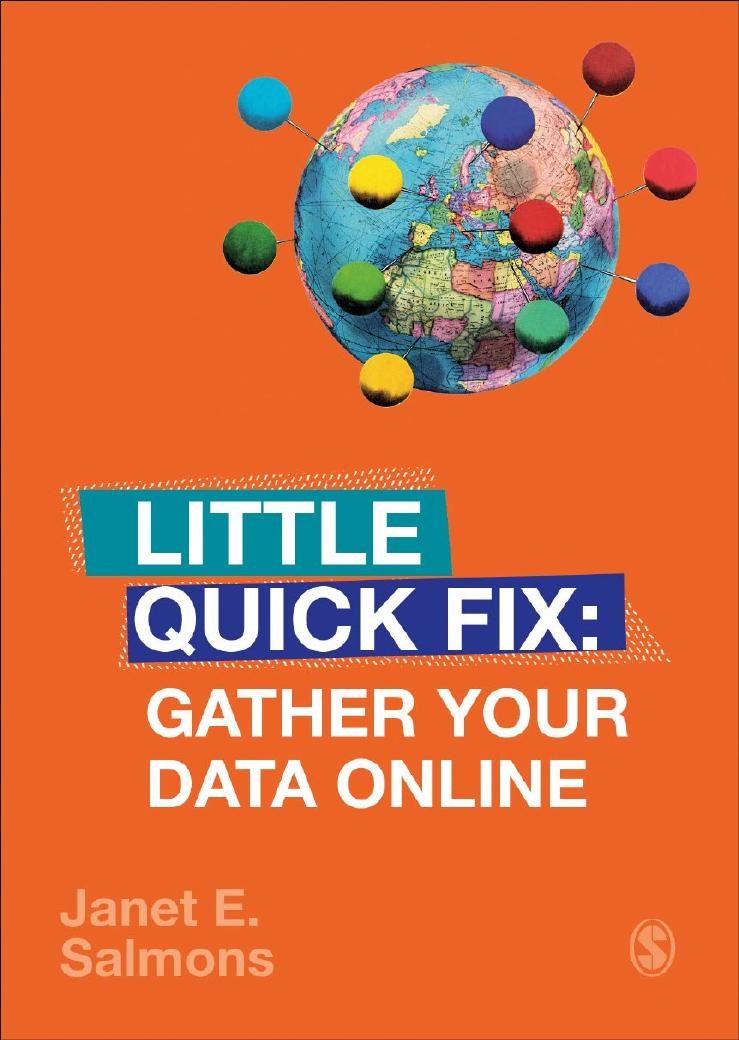

Most ebook files are in PDF format, so you can easily read them using various software such as Foxit Reader or directly on the Google Chrome browser.
Some ebook files are released by publishers in other formats such as .awz, .mobi, .epub, .fb2, etc. You may need to install specific software to read these formats on mobile/PC, such as Calibre.
Please read the tutorial at this link: https://ebookbell.com/faq
We offer FREE conversion to the popular formats you request; however, this may take some time. Therefore, right after payment, please email us, and we will try to provide the service as quickly as possible.
For some exceptional file formats or broken links (if any), please refrain from opening any disputes. Instead, email us first, and we will try to assist within a maximum of 6 hours.
EbookBell Team

4.1
100 reviewsBetween the comfort of using a medium they use daily and the perceived easiness of access and use, students are increasingly quick to choose online methods for their research projects. However getting data online isn’t as easy as it seems. No matter how data is collected (through existing materials, through elicited responses, or through work with participants) or what type of online data is used (e.g. blogs, websites, interviews, etc.), there are a lot of unique and complex considerations that must be factored in to every step of the research process.
This Little Quick Fix boils down all these potentially thorny issues into a speedy guide so students thinking about working with online data can be prepared for (and avoid) any unexpected circumstances like access issues or ethical dilemmas. It will also help students decide what, if any, online data is best suited to their particular research question so they don’t end up fighting unnecessary complications for little benefit.
It covers:
Little Quick Fix titles provide quick but authoritative answers to the problems, hurdles, and assessment points students face in the research course, project proposal, or design―whatever their methods learning is.
**